Hello LAK Academy Friends!
Ladies and gentlemen, start your engines, because you're in for a thrilling ride! In this issue of the Newsletter for a Korean technology company, we will be discussing the latest and best from Hyundai and exploring the world of automotive creativity. Our mission is to spark your interest, your creativity, and your curiosity. We'll take you on a journey from Hyundai's past to its promising future, highlighting everything from the company's innovative technology to its stunning aesthetics. Fasten your seat belts, because there is a whole world of Hyundai out there to discover, and we can't wait to take you there!
When people around the world think about South Korean automakers, Hyundai is often one of the first brands that come to mind. Hyundai, a long-time industry leader, has consistently produced cars that are both inexpensive and dependable without sacrificing design or performance.
However, Hyundai has an impact beyond its own name. It also owns the Kia and Genesis brands. two more successful manufacturers in their own right. In this article, we will investigate Hyundai's close ties to these two subsidiaries.
A Quick Rundown on Hyundai
In 1947, Hyundai started off as a construction business. Hyundai was responsible for constructing a large portion of Korea's transportation infrastructure. The name Hyundai comes from a Korean phrase that means "modernity," which is fitting because Hyundai is known for producing innovative vehicles.
Chung Ju-yung started the Hyundai Motor Company in 1967 as a separate division of Hyundai Engineering & Construction.
In Korean, "Hyun" (현) = "modern" or "present," and "Dai" (대) = "times," So, "Hyundai" when translated to English, it means "modern times."
The Hyundai Motor Company produces the most automobiles in South Korea and is widely recognized as one of the best car brands in the world for a wide range of consumers.
The history of Hyundai is one of unrelenting development and expansion. From small hatchbacks like the i10 to roomy midsize sedans like the Sonata, Hyundai has a wide selection of vehicles that appeal to buyers around the world. It is also in the forefront of the transportation industry's move toward greener vehicles because to its Ioniq and Kona Electric electric vehicles.
Hyundai and Kia: A Powerful Pair
In June 9, 1944, Kyungsung Precision Industry started off as a business that made steel tubing and bicycle parts in a garage. In 1974, Kyungsung Precision Industry changed its name to Kia and made its very first vehicle, the Brisa, in collaboration with Mazda. Over the years, Kia steadily expanded its vehicle lineup and gained recognition for its affordability, quality, and innovative design. In the late 1990s, the company faced financial challenges but made a remarkable turnaround after its acquisition by Hyundai Motor Company in 1998. Since then, Kia has grown into a household name around the world because of its reputation for quality and its wide selection of automobiles that appeal to different demographics. Today, Kia continues to evolve and push boundaries, embracing electric and autonomous technologies while maintaining its commitment to delivering exceptional value to customers worldwide.
During the 1998 Asian financial crisis, Hyundai took Kia Motors under their wings when Kia was headed towards bankruptcy. The combined strength of the businesses that made up this strategic alliance is known as the Hyundai Motor Group.
Kia is a completely owned division of Hyundai that pursues its own objectives using the parent company's resources and expertise as a foundation.
Kia has produced best-selling vehicles like the Sorento and Sportage thanks to the partnership. The addition of the popular Soul and the all-electric e-Niro to Kia's lineup shows the company's dedication to developing innovative transportation options, much like Hyundai.
Hyundai's Luxury Brand "Genesis"
Hyundai's ambitions in the premium car market are reflected in the 2015 establishment of the Genesis brand as a separate division. Genesis was the name of Hyundai's high-end car model before that company decided to spin it off into its own brand. Strategically, Hyundai was smart to spin off Genesis as its own luxury brand so that it could go head-to-head with Mercedes-Benz and BMW.
Genesis has achieved remarkable success thanks to the widespread acclaim showered upon its high-end G70, G80, and G90 models. Luxury Genesis automobiles are similar to Hyundai and Kia in that they share a platform and powertrain components, but they stand apart in terms of design, marketing, and service.
The Strength of Partnerships
While Hyundai, Kia, and Genesis are all legally considered different businesses, they share many operational components. This method permits them to take advantage of common infrastructure while still presenting their respective brands and their customers with unique offerings.
Hyundai Motor Group has unveiled its 'Strategy 2025' strategy, which reaffirms the company's dedication to creating more environmentally friendly automobiles and innovative mobility solutions in an effort to influence the future of transportation. The launches of electric and hybrid vehicle lineups by both Kia and Genesis are crucial to the success of this plan.
Conclusion
Hyundai's success in the auto industry is due to more than just its own automobiles. Its climb to prominence can be directly attributed to how well it has managed the incorporation of Kia and Genesis. Hyundai targets the mass market, Kia appeals to fashion-conscious and risk-takers, and Genesis satisfies those in search of the highest levels of luxury.
Hyundai, Kia, and Genesis are all making waves in the automotive industry by staying faithful to their respective brands while leveraging shared resources, technologies, and a forward-looking viewpoint. The history of Hyundai Motor Group shows the potential for success when competing brands work together toward a frequently seen goal and harness the power of synergy.
As we bring this exhilarating ride to a close, we hope you're feeling energized and inspired by the incredible world of Hyundai. From the style of their vehicles to the groundbreaking innovations under the hood, Hyundai continues to push boundaries and redefine what's possible on the road. Remember, you're not just a passenger in this journey; you're an essential part of our destiny. So keep dreaming big, keep chasing adventures, and keep embracing the thrill of the open road. We're here to fuel your passion and make your Korean language experience unforgettable. Until our next exciting installment, stay revved up and keep embracing the Hyundai spirit!






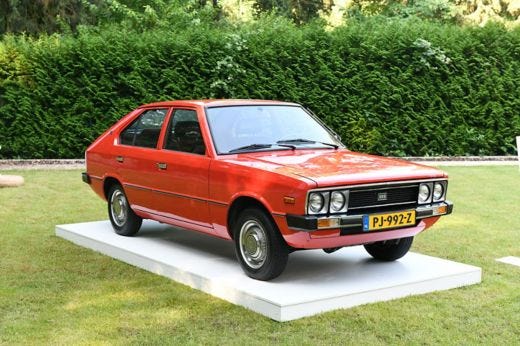
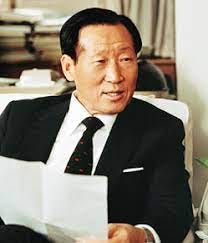
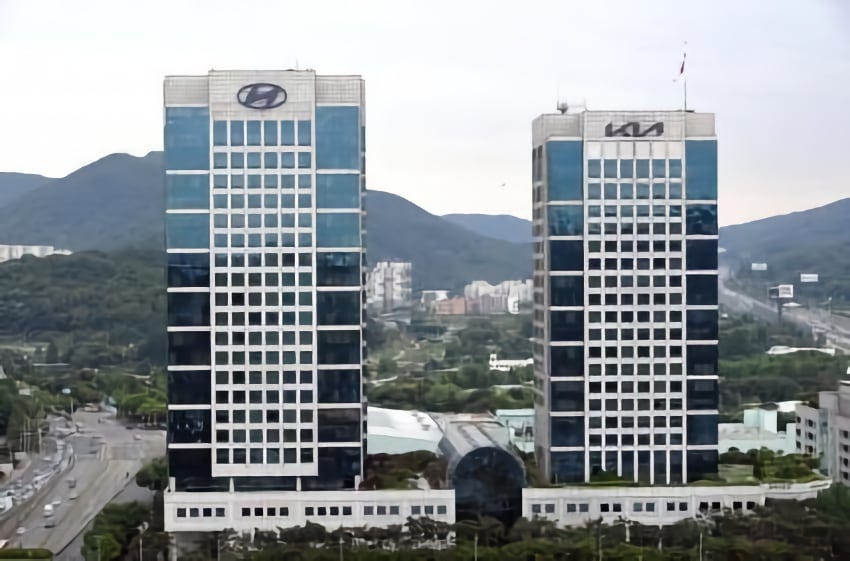


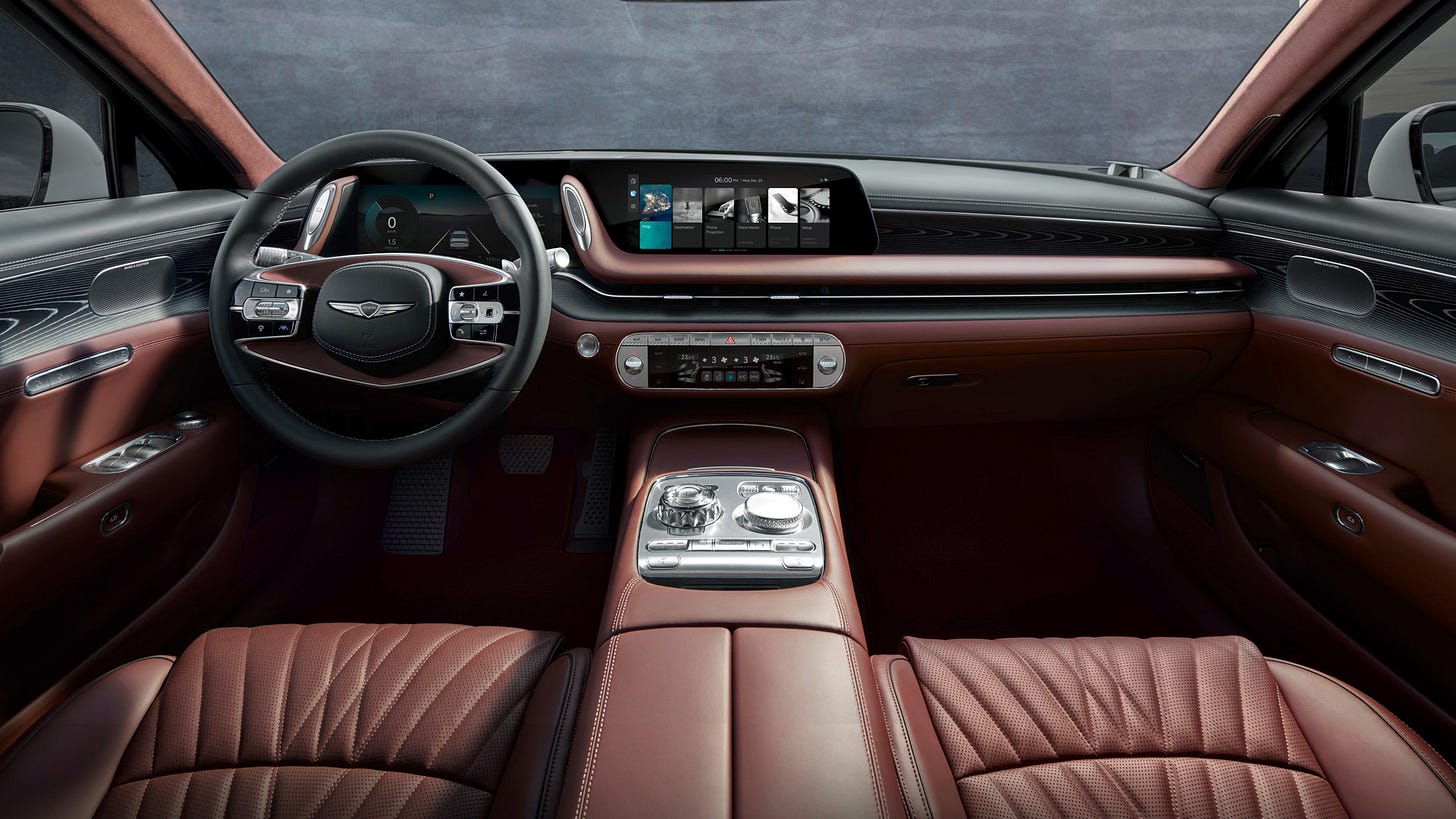
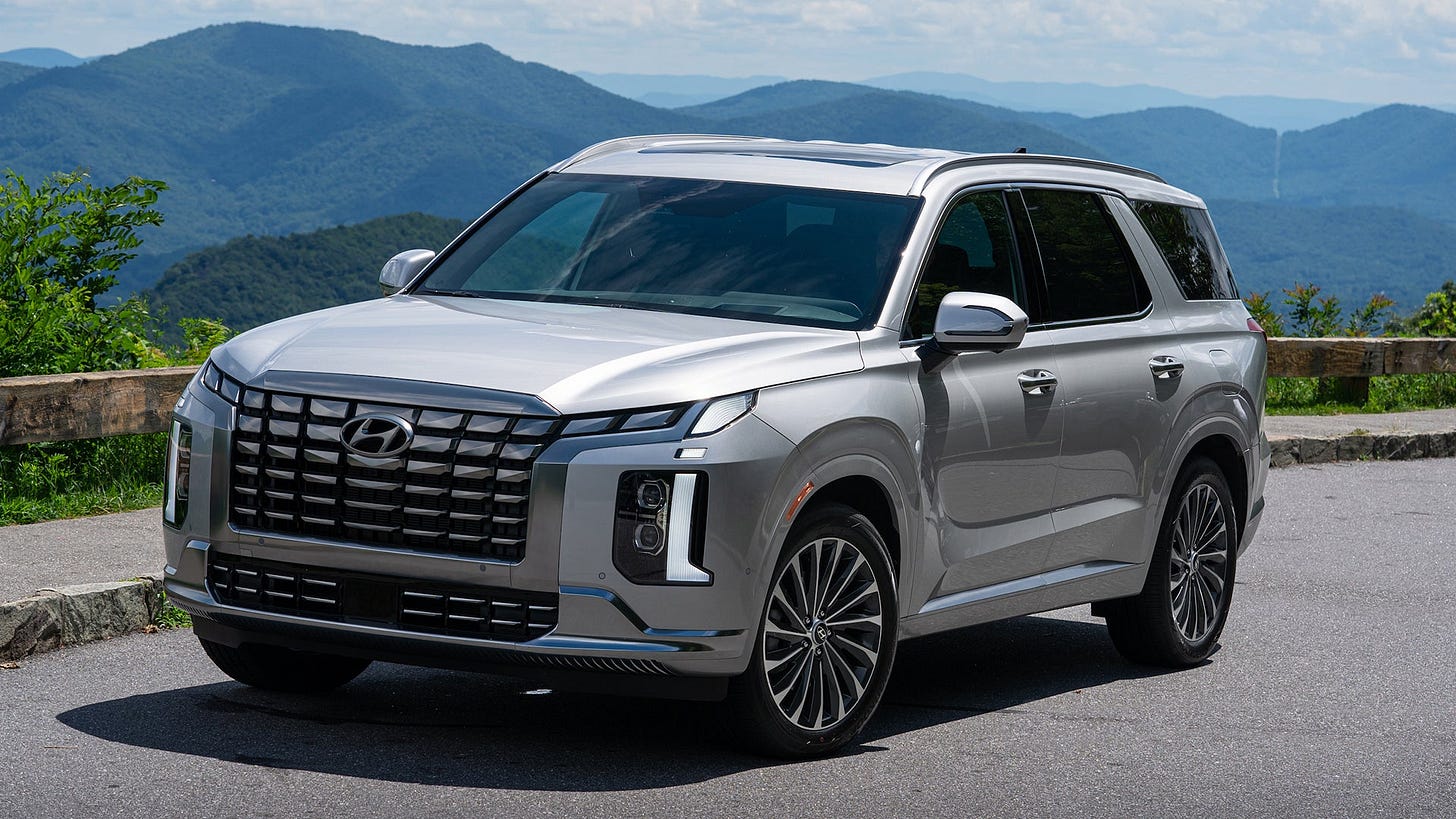
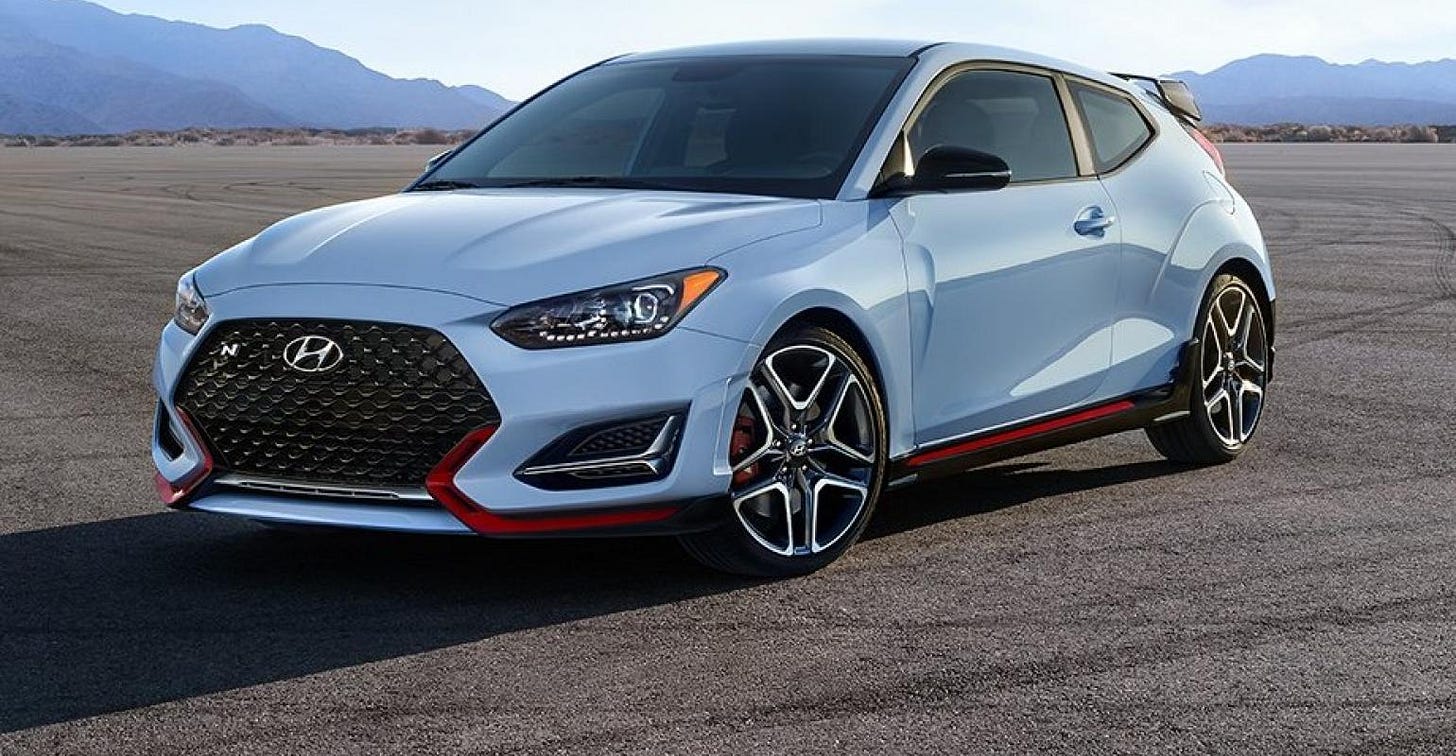

This is nice overview of the Korean Car maker. M\y daughter just purchased a new KIA Telluride. It's very popular in the US. I think it's made in the US as well.
West Point, Georgia
Production capacity has been raised for 2023. Kia's US$1.8 billion plant in West Point, Georgia, which produces the Telluride and Sorrento crossovers, as well as the K5 midsize sedan, has churned out 3.5 million vehicles since 2009, according to Eric Watson, Kia's vice president of sales operations